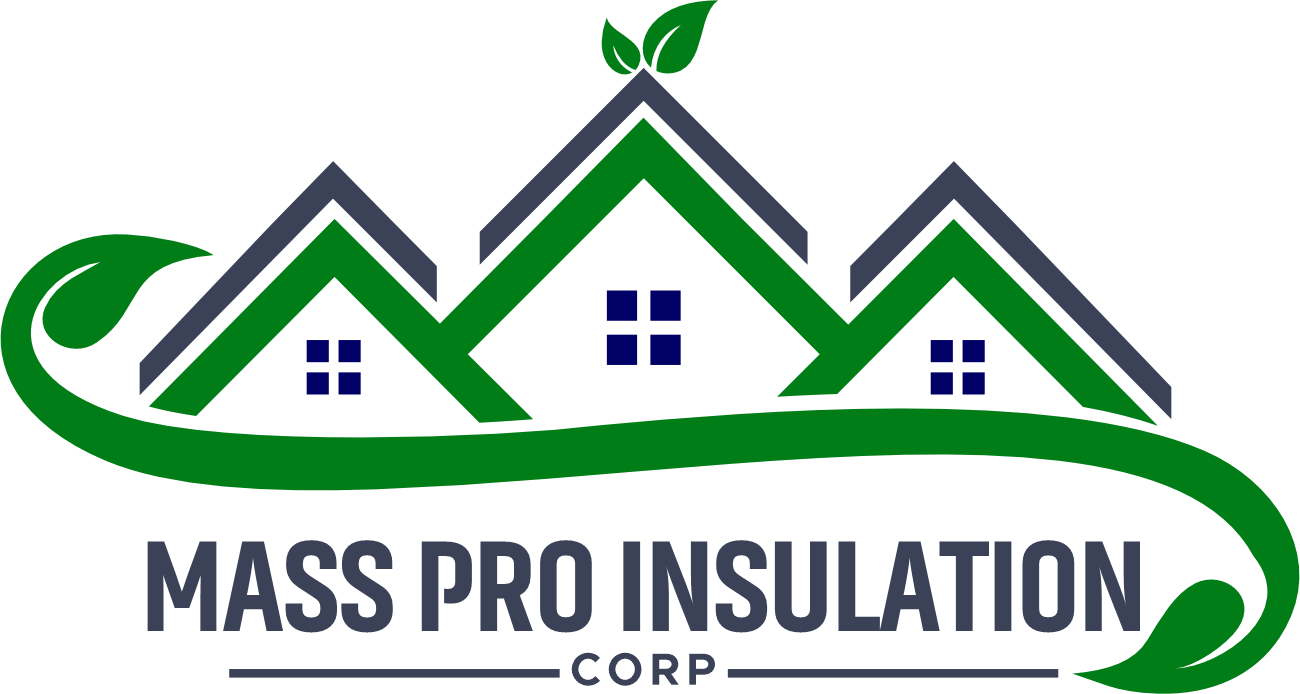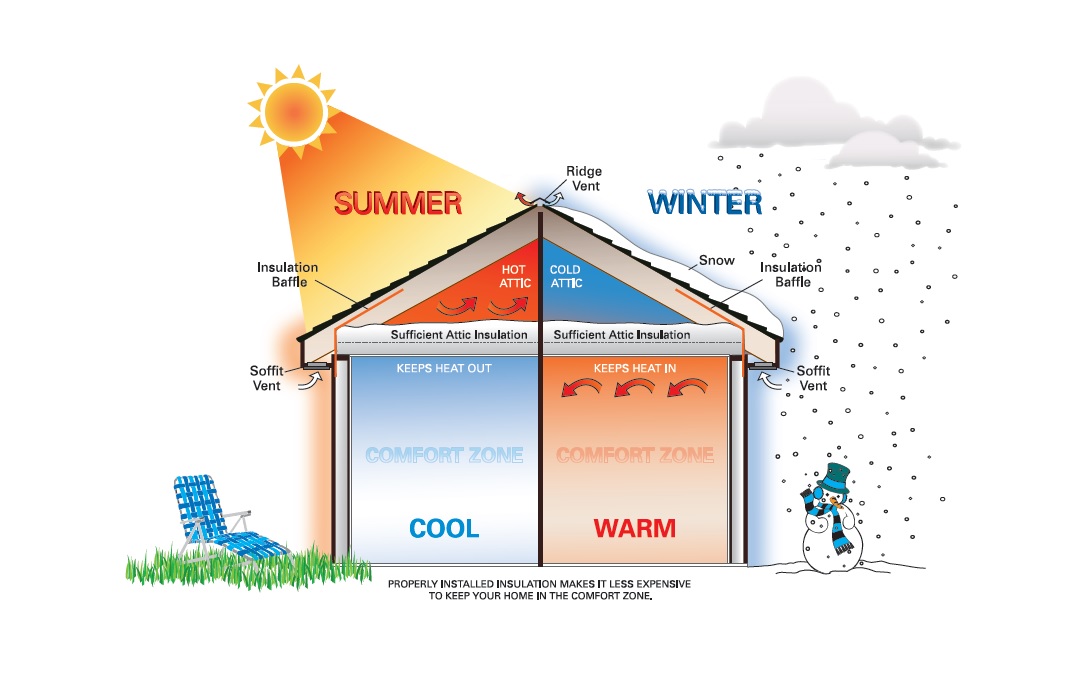1: Energy Savings: Insulation Reduces Energy Costs
A Properly Designed And Installed Insulation System Immediately Reduces The Need For Energy And Results In Significant Savings. On Hot Pipes And Surfaces, Heat Loss Can Be Reduced By About 20 Times.
With Delivered Natural Gas And Fuel Oil Costs At $7 To $10 Per Million Btus, That Adds Up! A Properly Designed, Insulated, And Maintained System Significantly Reduces Energy Costs, Which Saves Money And Protects The Environment.
An Unbelievable Amount Of Energy Is Lost Through Uninsulated Valves, Bare Pipes, Or Defective Insulation. It Seems To Be One Of Those Maintenance Things That Never Gets Done—Until Somebody Can Demonstrate What It’s Costing To Ignore The Uninsulated System.
2: Process Control With Insulation
A Properly Specified And Installed Insulation System On Bare Process Lines And Equipment Can Increase The Efficiency Of A Process System By As Much As 95% Or More. Use Insulation To: Maintain Process Temperatures; Improve Product QC; And Improve Operating Safety.
3: Fire Protection
Used In Combination With Other Materials, Insulation Helps Provide Fire Protection In Firestop Systems, Grease And Air Ducts, And In Electrical And Communications Conduits And Cables.
4: Noise Control With Insulation
A Well-Insulated System Helps Reduce Noise Levels By: Absorbing Emitted Sound; Meeting OSHA Requirements By Eliminating Sound At The Source; And Improving The Work Environment By Improving Worker Morale And Communication.
This Is One Benefit That’s Tough To Put A Price On, But We All Know It Happens. Noise Can Seriously Impact A Worker’s Health And Productivity—So Much So That OSHA Does In Fact Have Noise Standards In Place. Manufacturing Environments Can Be Extremely Noisy And Cause Major Health Problems If Noise Abatement And Protection Are Not Dealt With.
In Addition, Noise Produced By Appliances, Piping, Heating And Air Conditioning Systems, Phones, Radios, And Even By Talking Are Major Reasons People Are Dissatisfied With Their Work Place. Insulation Materials Are Used To Encase Or Enclose Noise Generating Sources And Reduce Noise To Acceptable Levels So That Stress, Lost Time, And Dissatisfaction Do Not Impact The Employee And/Or The Product You Are Trying To Get Out The Door.
Insulation Reduces The Level Of Both Exterior And Interior Noise By Preventing Transmission Of Exterior Sounds To The Interior Of The Building, And Absorbing Reverberating Sounds Within The Building.
FAQ: How And Why Is Insulation Used To Control Sound?
Sound Attenuation, Or The Limiting Of Sound Propagation From One Area To Another, Requires The Application Of Special And Standard Insulation Materials To Encase Or Enclose The Noise-Generating Source, Forming A Sound Barrier Between The Source And The Surrounding Area.
The Purposes Of Applying Sound-Attenuation Materials Are To:
Reduce Obnoxious Noise Levels Emitting From Machines, Equipment, Pipe Lines, Or Enclosures;
Reduce General Noise Level In Plant Areas;
Provide For Better Work Conditions; And
Comply With Noise Level Standards Of OSHA And EPA.
5: Impressive Return On Investment: Insulation Is a Quick Payback
Reduced Energy Cost Means Improved ROI.
Addition Of Insulation Can Be The Most Cost-Effective Means Of Reducing O&M Costs
For An Industrial Facility Or A Commercial Building.
A Properly Designed And Installed Insulation System Provides An Excellent Return On Investment And Quick Payback Through Cost Savings. Insulation Is A Low-Risk Investment Because The Savings And The Payback Can Be Forecasted With A High Degree Of Accuracy.
Insulation Is One Of The Few Technologies Where The Payback For The Investment Is Considered More Than Acceptable When Compared To Many Other Equipment Or Maintenance Purchases.
If The Insulated System Is Maintained, The Savings From The Investment Continue For The Life Of The Facility. In Fact, It Costs More To Not Insulate Properly. Often Insulation Is Paid For By The Maintenance Budget And Then It Reduces The Operations Budget For The Life Of The System. The Return On Investment Or Payback For An Investment In Insulation Is Quick, Often From 6 Months To 2 Years.
©2021. Mass Pro Insulation All Rights Reserved.




